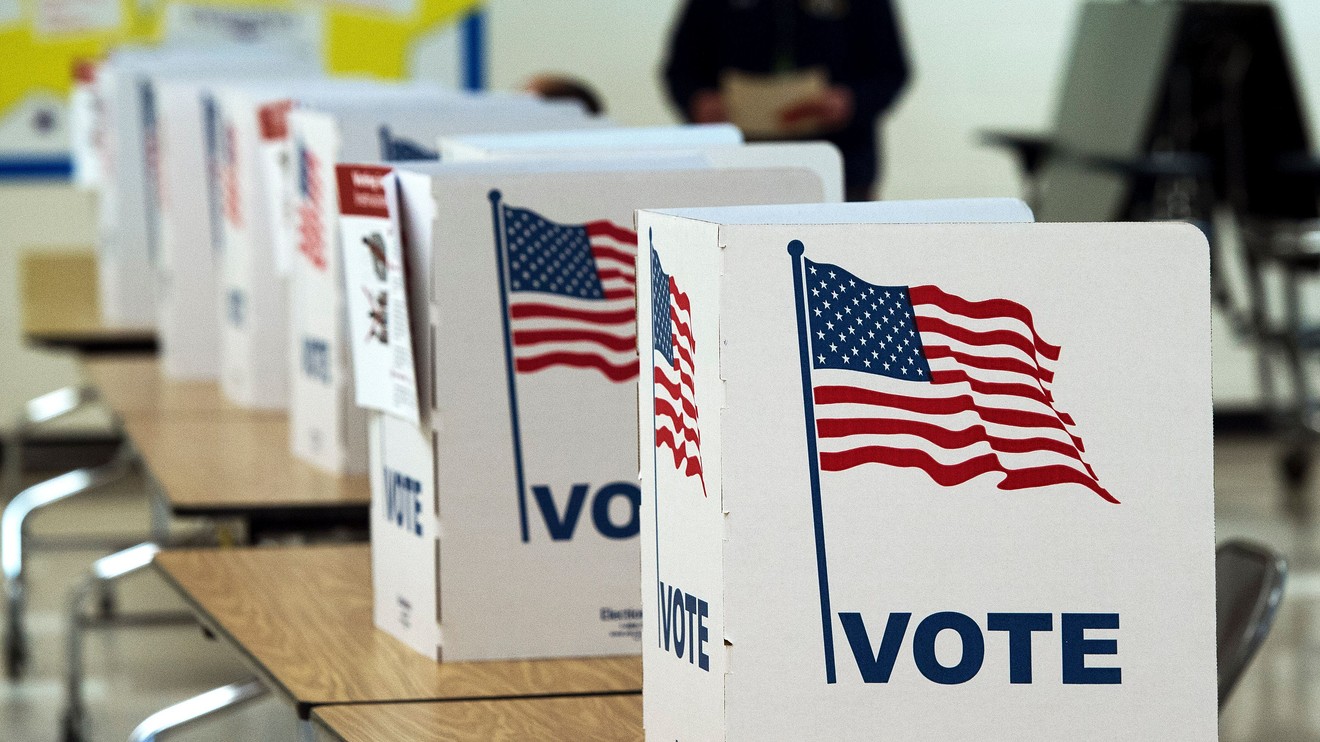On Wednesday, Nebraska’s top state court upheld a law allowing felons who have completed their sentences to vote, enabling thousands more people to participate in the Nov. 5 U.S. presidential election. The Nebraska Supreme Court rejected claims by Secretary of State Robert Evnen, a Republican, who argued that the law, passed in April, violated the state constitution. The court ordered him to implement the law immediately.
Two Nebraskans with felony records, represented by the American Civil Liberties Union (ACLU), had sued Evnen after he directed election officials in July to refuse registering felons to vote. Prior to the new law, Nebraska had permitted felons to vote two years after completing their sentences for two decades. Evnen cited an opinion from Nebraska Attorney General Mike Hilgers, a Republican, claiming that only the state’s Board of Pardons held the power to restore felons’ voting rights.
The seven-member court disagreed with Evnen, with some judges criticizing him for failing to enforce state law. “Do we want to live in a world where every state employee who has a hunch a statute is flawed gets to ignore it?” Justice Lindsey Miller-Lerman wrote in a concurring opinion.
In response to the ruling, Evnen stated his office would comply and had already directed election officials to allow felons to register to vote. Jonathan Topaz, an ACLU lawyer, noted that Evnen’s actions threatened to deprive thousands of their voting rights. “We are grateful the Nebraska Supreme Court invalidated this lawless attempt to reinstate permanent felony disenfranchisement,” Topaz said.
About half of U.S. states either indefinitely or temporarily prohibit felons from voting after they complete their sentences. Critics argue that such practices unfairly disenfranchise people with criminal records, disproportionately impacting Black and Latino individuals who face higher incarceration rates.
Nebraska, while holding only five electoral votes in the presidential election, plays a unique role by dividing those votes among geographic districts, unlike most states. In an election expected to be one of the closest in U.S. history, the district that includes Omaha, Nebraska’s largest city, could serve as a tiebreaker depending on candidates’ performances in battleground states.
In August, Minnesota’s top court upheld a law similar to Nebraska’s, signed last year by Governor Tim Walz, the Democratic vice presidential candidate. Meanwhile, a federal appeals court recently rejected a challenge to Mississippi’s lifetime ban on voting for individuals convicted of certain felonies, stating that the policy did not constitute cruel and unusual punishment.

